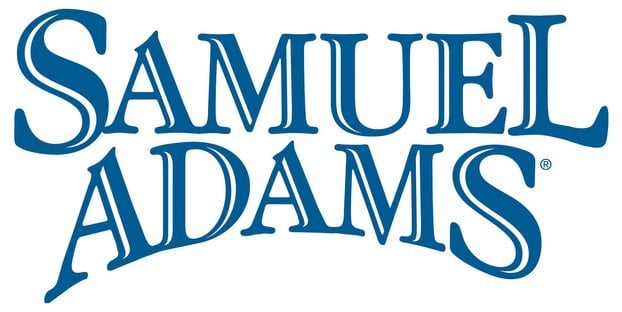
The Boston Beer Co. reported decreased earnings off a 20 percent increase in revenue for the first quarter of 2013. The revenue bump came from an 18 percent increase in core shipment growth, but a higher cost of goods and increased investments in advertising, promotional and selling expenses led to a $0.6 million drop in net income. Boston Beer did receive a favorable tax settlement in the quarter, which partially offset the higher expenses.
Despite the “earnings down!” headline, Boston Beer Co. did hit some milestones, including record depletions in the quarter, which Chairman Jim Koch attributed to the company’s cider and tea brands slightly offsetting the softness of Samuel Adams, mostly the seasonal program, in the quarter. The company statements seemed to show a company taking its medicine in the present — prepping now in order to reap the benefits and continue growth well into the future.
“This is a testament to the hard work of our employees and wholesalers, and our continued brand innovation efforts,” Koch stated in the results announcement. “While we continue to experience increased competitive activities from both domestic specialty and craft beer brands that have made it challenging to grow Samuel Adams as fast as we would like, we remain positive about the future of craft beer and our potential for long-term growth.”
“To address increased competition and to take advantage of positive brand momentum, we again increased our investment in our sales force and our support behind our brands,” stated Martin Roper, president and chief executive officer. “We also are making capital improvements in our brewing and packaging capabilities to position us well for long-term growth. Specifically, in support of the new Samuel Adams can launch, we recently installed a can line capable of filling this unique can design and, in support of our long-term packaging needs, we will add more bottling capability this summer in preparation for peak volumes later this year. We anticipate the capital investments and high level of brand investments to continue as we pursue growth, innovation, efficiency improvements and address certain capacity constraints. We are prepared to forsake the lost earnings that may result from these investments in the short term, as we pursue long term profitable growth.”
Back to Roper’s increased competition point. In the earnings conference call, Koch mentioned that virtually all of the growth in the beer category is in high-end beers, which has caused a rush of big brewers with multiple entries trying to “premiumize” their portfolios. And then there is the craft beer industry. We quote this from the full Boston Beer transcript available on Seeking Alpha:
You’ve got probably two new craft breweries opening a day. So, last year, this year there may be 800 new craft breweries, many of them quite local. So, I think it’s just an extremely competitive landscape from above and below, but the good news is, the overall category growth seems to be remaining firmly entrenched in double digits, and we want to keep riding that wave that enables us to grow without necessarily having to match the category growth with all these new entries certainly happening in the first half of this year.
….
We’d just be guessing but [the craft segment in the quarter grew] probably low double digits, somewhere over 10. So, it’s a very healthy growth. That would be just craft beer as defined by The Brewers Association, so not including what I would call the domestic specialty beers, the entrants from the large brewers, things like Blue Moon, Leinenkugel and Goose Island, et cetera, the craft brewers don’t include those.
Let’s get to the first quarter earnings specifics (all increases/decreased are compared to Q1 2012):
- Full year 2013 depletion growth is estimated to be between 10 percent and 15 percent, and estimated full year 2013 earnings per diluted share of $4.70 to $5.10 remain unchanged. Estimated 2013 capital spending of $70 million to $85 million also remains unchanged.
- Net revenue of $135.9 million was an increase of $22.7 million or 20 percent.
- LNet income for the first quarter was $6.9 million, or $0.51 per diluted share, a decrease of $0.6 million, or $0.05 per diluted share.
- Depletions grew by 16 percent. Core shipment volume was approximately 632,000 barrels, an 18 percent increase.
- The company achieved price increases of approximately 1 percent during the quarter.
- The aforementioned marketing expenses increased by $7.2 million or 19 percent.
- First quarter gross margin was 50 percent; the company maintains its full year gross margin target of between 53 percent and 55 percent.
- The company’s effective tax rate decreased to 28 percent from 37 percent due to the favorable impact of a federal income tax settlement of $0.06 per diluted share in 2013.


Leave a Reply
You must be logged in to post a comment.